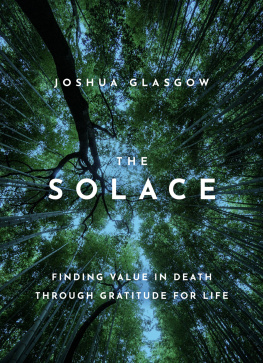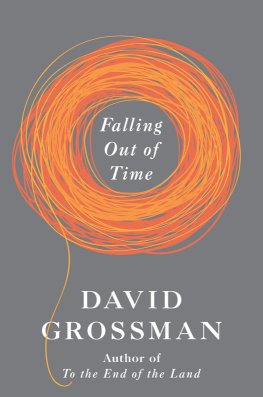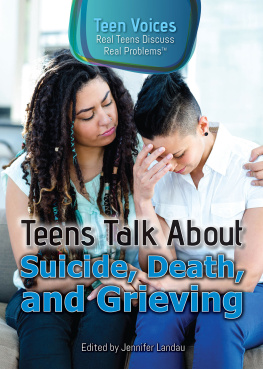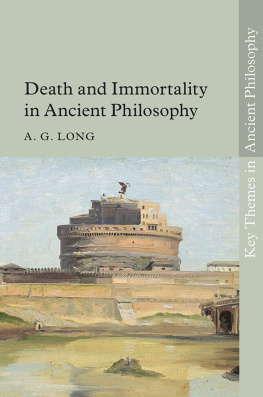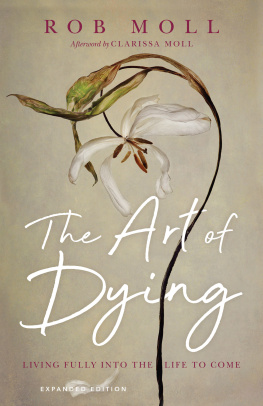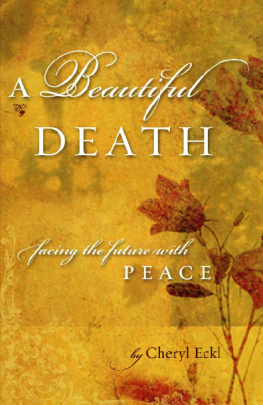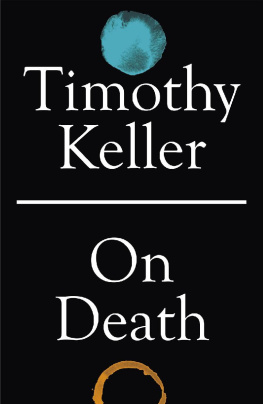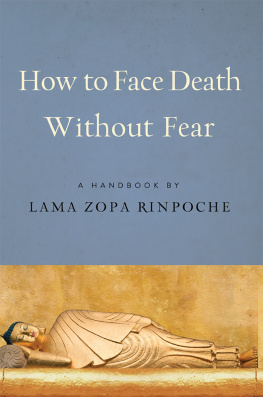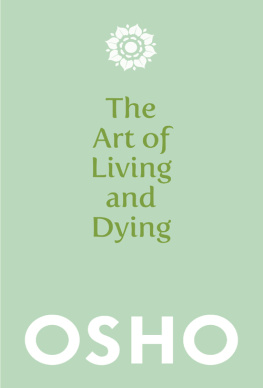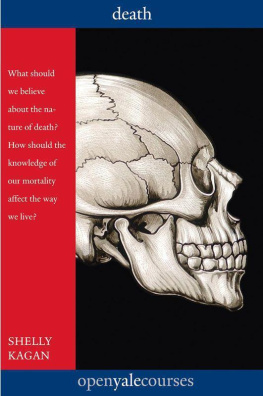The Solace

Oxford University Press is a department of the University of Oxford. It furthers the Universitys objective of excellence in research, scholarship, and education by publishing worldwide. Oxford is a registered trade mark of Oxford University Press in the UK and certain other countries.
Published in the United States of America by Oxford University Press
198 Madison Avenue, New York, NY 10016, United States of America.
Oxford University Press 2020
All rights reserved. No part of this publication may be reproduced, stored in a retrieval system, or transmitted, in any form or by any means, without the prior permission in writing of Oxford University Press, or as expressly permitted by law, by license, or under terms agreed with the appropriate reproduction rights organization. Inquiries concerning reproduction outside the scope of the above should be sent to the Rights Department, Oxford University Press, at the address above.
You must not circulate this work in any other form and you must impose this same condition on any acquirer.
Library of Congress Cataloging-in-Publication Data
Names: Glasgow, Joshua, author.
Title: The solace : finding value in death through gratitude for life / Joshua Glasgow.
Description: New York, NY, United States of America : Oxford University
Press, 2020. | Includes bibliographical references. |
Identifiers: LCCN 2020005849 (print) | LCCN 2020005850 (ebook) |
ISBN 9780190074302 (hb) | ISBN 9780190074326 (epub) | ISBN 9780190074333
Subjects: LCSH: Death. | Consolation. | Gratitude.
Classification: LCC BD444 .G53 2020 (print) | LCC BD444 (ebook) |
DDC 128/.5dc23
LC record available at https://lccn.loc.gov/2020005849
LC ebook record available at https://lccn.loc.gov/2020005850
For Samantha
Contents
When my mom told us that she had cancer, she also announced that she did not want to find out how much time she had left. She would follow the doctors treatment recommendations, but other than that she just wanted to live each day as it came, as normally as possible. My brother and I had permission to learn about her prognosis, but she did not want to hear any timetables or odds.
Obviously you want to respect peoples wishes in a situation like this. And this was someone with a very specific understanding of whats proper. If others hadnt beaten her to it, she would have invented the line about not saying anything at all if you dont have anything nice to say. When someone like this declares that she would prefer not to talk about her own expiration, you go along.
So I went along. Mom and I learned how to talk about scans and procedures and Erbitux and rashes and exhaustion and hair loss and neuropathy. One of the hard truths about chemotherapy is that its side effects can distract you from the illness itself. We did not discuss death.
I couldnt understand why she did not want to know her odds of living one, two, five, ten more years. I would need to know. She insisted that she did not want to change her life to fit some actuarial chart, only to discover that she had overcome the odds and lived longer. I wondered if she just found the prospect of death too unbearable to face. Why do we resist confronting our own endings? Does death have to disturb us that much?
It is easy to understand why the final months, weeks, and days of slowly dying can be terrible. We decline and we decay. We endure pain and lose control over our bodies, minds, and lives. We want to avoid those miseries. What I was wondering about was the very last bit, the ultimate passing away itself, the final transition from the forward-marching explosion of life to the static blankness of nonexistence. Why is that so bad for us? And can we find any comfort in it?
Of course, if death transports you to some sort of afterlife where your wildest dreams come true for an infinite amount of time, then that is plenty of comfort. But I was dealing with a more charged question: What if our fate is a fate worse than death? What if it is a death with no afterlife? If this was going to be it for Momthe end of her consciousness, herself, her entire subjectivitywhat silver linings could we grab? On the assumption that the process of dying culminates in our total nonexistence, the question was whether there might be something valuable even in that passage into emptiness.
Now, my mother had enjoyed a pretty good life to that point. She lived comfortably, and her world included a wealth of friendship and positive experiences. Her kids had turned out alright, or at least that is what I hoped. But her diagnosis shoved a different problem in our faces: whether we could find any comfort in the fact that she would diein that fact and that fact alone. Is there something that the religious and the nonreligious have in common, something about the human condition as we know it, such that our cessation itself might have traces of goodness? Can there be a rational source of strength to help our loved ones steel their spines when the doctor says tumor? What I wondered is, if Mom and I ever got to have the conversation that she was avoiding, was there something reassuring that I could say to her about passing away? Is there some path that can guide us to solace in the very end of our being?
Nonexistent people are not living in some foreign land. They have not escaped the material realm for better real estate, a spectral slice of heaven tucked invisible somewhere in the clouds. The nonexistent have not been reincarnated as pink fairy armadillos, platypuses, or spiny lumpsuckers. Nonexistent people do not exist. So sticking with the assumption that being dead amounts to not existing after having existed, Epicurus thinks that our question has an easy answer: because you will not be there for your own nonexistence, your nonexistence cannot be bad for you. In fact, from this perspective the pressing question becomes why we make such a big deal out of the whole thing. How could being dead be bad for us, if in nonexistence there is no us? This is Epicurus consolation.
Now, I wanted to tell my mom something that would take some of the sting out of dying. I wanted to be able to offer her some solace if we were ever going to talk about death. I wanted to find some positive value somewhere in this mess. I did not want to invalidate the presumption behind her predicament, the piece of commonsense that death is bad. From that angle, Epicurus asks us to take a step too far in claiming that our own deaths are not worth worrying about. I tried to imagine one day talking to Mom about Epicurus views. Go ahead, you try it: picture yourself sitting in a hospital, telling a dying loved one not to worry, because their fear of their own looming death is completely irrational.
Exactly.
And anyway, there is good reason to be unconvinced by Epicurus argument: even if the dead dont exist, death still deprives many of us of more good experiences, and it is bad to be deprived of something good. If I die in the next few years, I wont get to see my daughter become an adult. That sounds pretty bad to me, even if I wont be there to experience the loss.
This take on deaths badness, the deprivation account, does not say that death is bad because we can experience pain or other forms of suffering while we are nonexistent. If thats all Epicurus wanted us to remember, then there is no disputing that. Those who find themselves worried that nonexistence will be lonely or unpleasant can remember that if there is no

